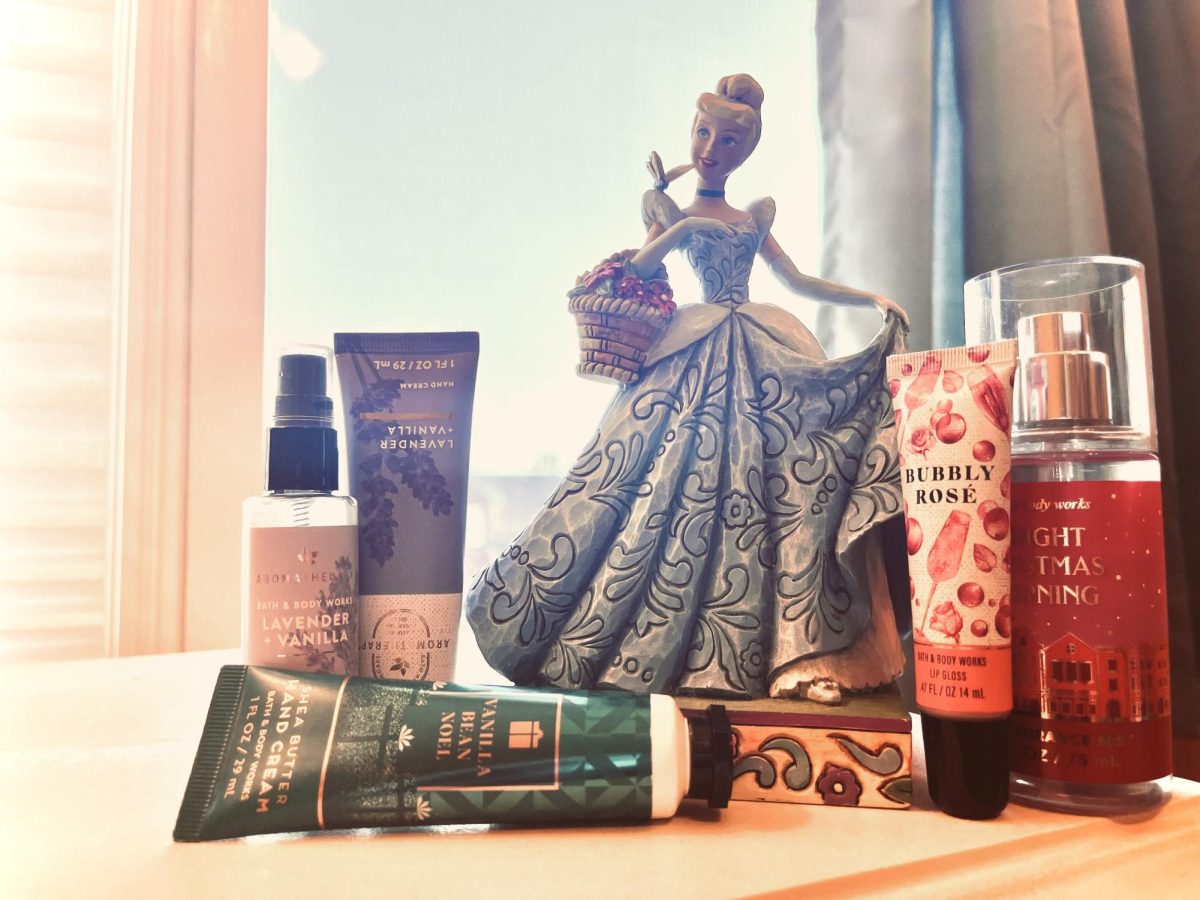From books to screens, we are exposed to a variety of stories everyday. Writing is a powerful weapon that serves a dual purpose: a reflection of the passion and person of its creator and also as an escape or challenge to one’s understanding. Through them, people are able to share ideas and come closer together.
Although we may not always recognize it, stories have an incredible impact on how we view the world, ourselves, and even basic morality. Nonetheless, they are unable to have the same effect if the writing is devoid of passion and originality. For the past couple of years, there has been a noticeable uptick in individuals who quickly jump to criticize a new movie, book, or TV show. For some, the criticism begins before the content even gets released. While this appears to be prevalent on the internet, with lengthy video essays, forum discussions, and practices such as hate-binging, it seems to be the widespread attitude of the masses.
While rampant criticism and expectations of disappointment may appear to be present for the sake of being “mean” and nothing more, their existence poses a pressing question: have stories become boring? According to Tuscarora’s DE English teacher, Mrs. Roach, the answer to this question is a simple “yes!” It is her belief that modern writers, particularly those who work in cinema, “try to sensationalize them too much for shock value,” which ultimately serves to undermine the worth of the piece. It is these sorts of “sensationalized” stories that earn such harsh criticism, and deservedly so.
Despite the “meanness” that these critiques supposedly perpetuate, one must be able to see that they have a point. If you were to look at any number of negative reviews of new media, I could guarantee you would see the same message maintained throughout: the writing is unoriginal and the message is lost. More often than not, cliches and so-called political correctness have taken center stage and placed true passion for writing on the backburner. Instead of caring for the story’s messaging, writers have taken to repeating the same plot in the name of generating profit, meeting a due date, or perpetuating what they deem fit for a more “evolved” audience. Mrs. Roach points out, “Our society isn’t interested anymore in the simple ‘love story’ although writers seem to still write about it.” Many writers, especially those in large corporations, seem to be less interested in what their work can be teaching others and more in what they serve to gain by leaving their mark on the industry.
This trend is seen particularly in Disney’s new tendency to create as many remakes and unnecessary sequels as possible. Old stories are getting supposedly “reinvented” to suit the tastes of more contemporary audiences. One such example came in the form of Disney’s 100 year theatrical release, “Wish.” The film was advertised as a return to Disney classics with the inclusion of a simple story of an uncomplicated villain vs. the heroine princess. The excitement from audiences after the trailer’s release was radiating, though there were a few doubters that Disney was capable of fulfilling their promises. Unfortunately, according to many people who watched the movie, these doubts ended up being proved true after viewing a lackluster story with an antagonist so convoluted that some of the audience consider him the hero of the story. While there are a few apologists who try to defend the movie, the general consensus is one that is all too common nowadays: the message is entirely confused and the story is soulless.
The issue with Disney’s new approach is that, despite the addition of more flashy lights, hardly anything new is added to the story and the result ends up being the same thing but in different packaging. This is not to say that all of Disney is completely uninspired. As I have indicated thus far, I believe that there are stories that they have put to screen that can be considered classics. For instance, Disney’s “Tangled,” “Beauty and the Beast,” and “Aladdin,” while not perfect, are all recognizable, well-rounded stories that have set a high bar for their successors. The problem, however, is that companies like Disney attempt to reach that bar but without the same fervor that made those stories so well-loved. Their lack of genuine passion for their characters and narrative has led to an unnecessary rehashing of the same old cliches with no semblance of thought or originality.
This is not to say that the use of cliches is an inherent evil, as it’s impossible to avoid them. Insead, cliches that are used without purpose except to replace the care and effort necessary for writing are ultimately what creates today’s boring tales. Nowadays, many writers try to make their stories seem different without having enough enthusiasm to make it happen. This is clearly seen with streaming services such as the Hallmark Channel, who release their movies so fast it seems they sometimes forget to write the story. Juxtapose this with classic stories, which often set the standards that many new writers attempt to reach, which are, as Mrs. Roach describes, “simpler and shorter.” While many time-honored stories can be categorized like this, it is not necessarily a qualifying factor, seeing that Leo Tolstoy’s 1,200 paged “War and Peace” can be lumped in the same category as “Little Red Riding Hood” in terms of classics. The fact of the matter is, for an original story to be called original, it does not need to meet any such criteria. In all simplicity, an original story is one that has either not been told before or retold with a unique perspective. The key to authoring one is easy in concept, but much more difficult in practice: there has to be passion.
It is my belief that if relaying a story will not add to anything already said, it will not have an impact, and ultimately if its creator does not care, it would be better for that story to not be told at all. If a writer feels absolutely no passion for their work, it’s inevitable for them to end up using unoriginal ideas to fill in the space, subsequently leading to the boring media that is pushed out today. If there’s no passion, there’s no meaning, and if there’s no meaning, there’s no point. Perhaps it would be better for there to be only a few impactful, original stories than a multitude of inconsequential ones.






